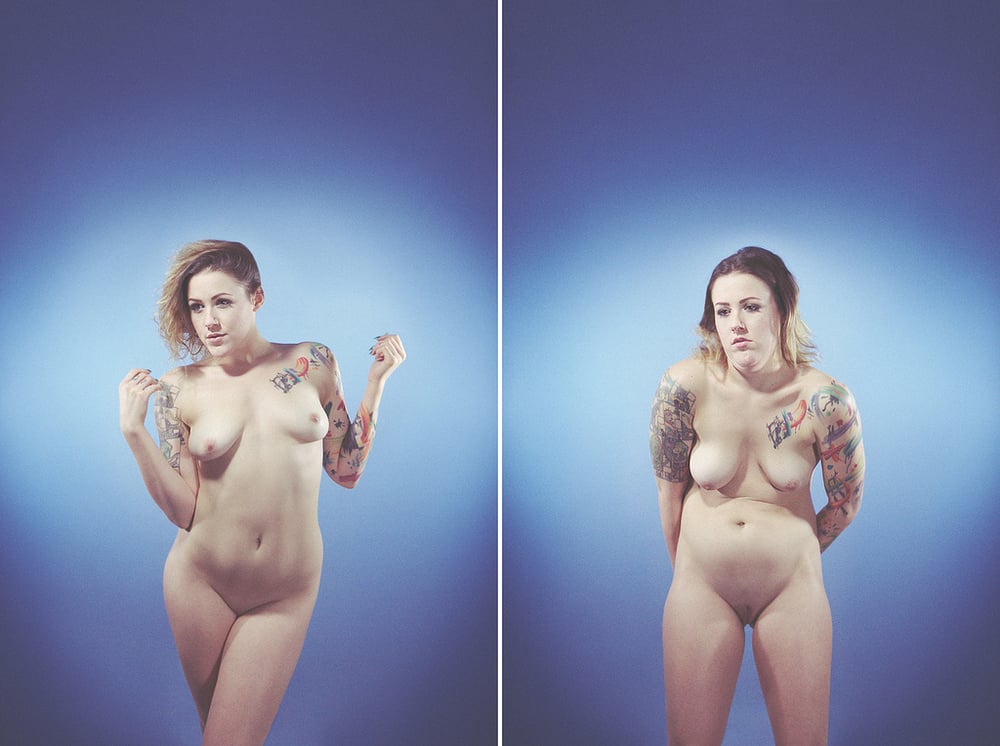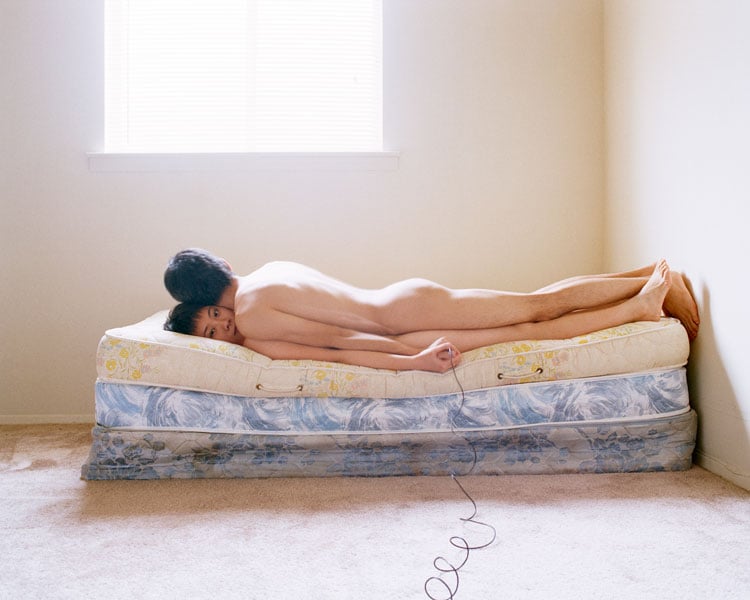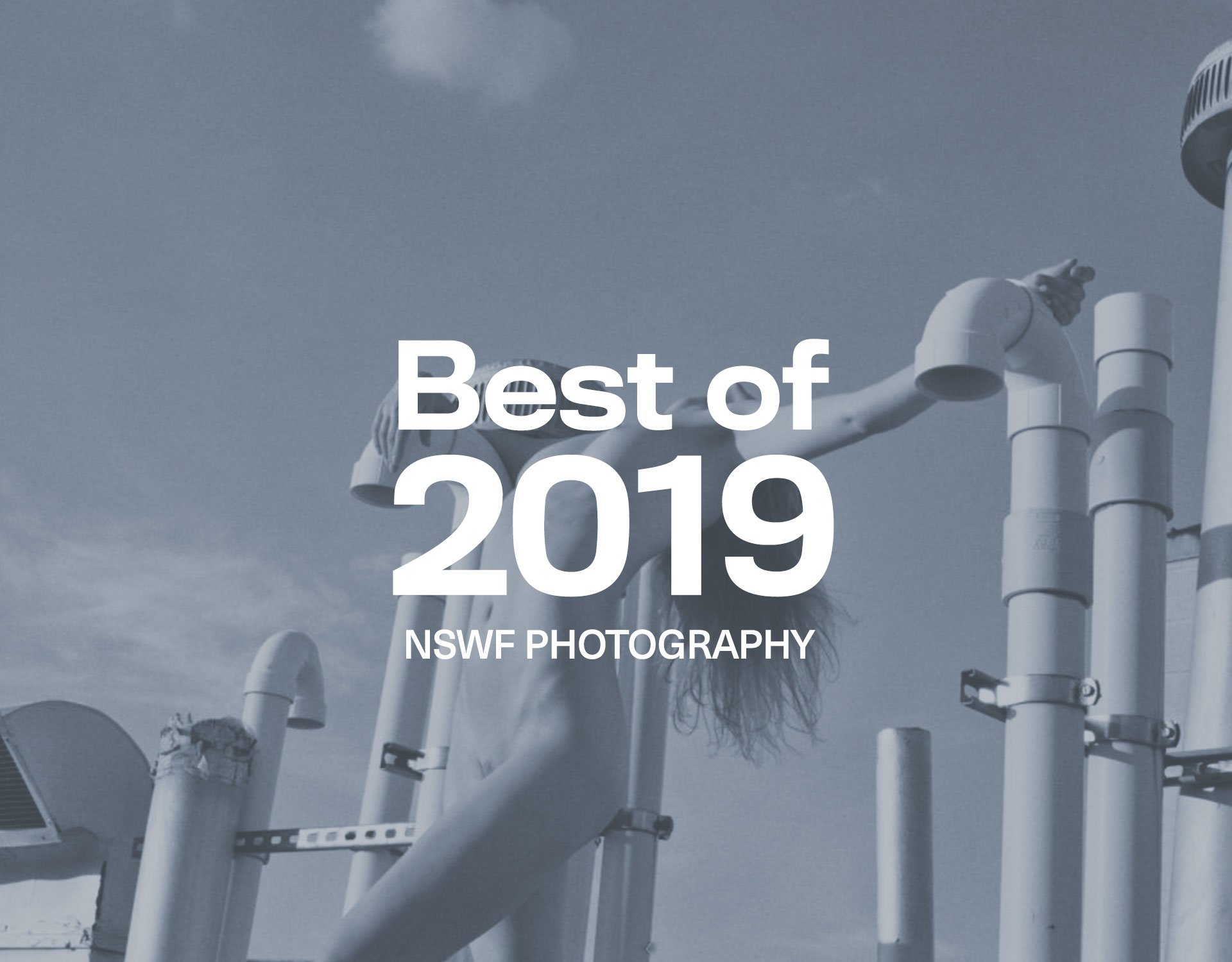We attended the unveiling of Lavazza’s new calendar, a project that takes us into an uncharted Africa, brimming with energy, experimentation, and a forward-looking spirit influenced by its culture and the diverse communities that inhabit it. Three photographers collaborated on this year’s calendar: Thandiwe Muriu from Kenya, Aart Verrips from South Africa, and the latest addition, Daniel Obasi, whom we had the privilege to interview. The theme of Africa as the birthplace of coffee remains strong, linked to the Giuseppe and Pericle Lavazza Onlus Foundation, founded in 2004 and now involved in thirty-three projects across three continents. With Nigerian roots and a holistic approach to photography, Daniel Obasi is a creative talent who seamlessly blends fashion styling, cinema, photography, and art direction to create captivating and distinctly African narratives. Here’s our interview with him.

How did you first get into photography?
I started photography because of my background in design, and for a while, I also dabbled in fashion styling. That’s when I got into photography. Additionally, I had an eye for certain subjects, and the practice of photography attracted me in a unique way. Working with other people was often challenging for me, so I decided to learn how to take photos on my own to share my exact vision with the world. For me, it’s more about a concept and an idea, which is at the core of my holistic approach to creativity.
How do you manage to blend art direction, fashion photography, and your work as a director?
By approaching each practice in a holistic way and considering them as one, it’s easier to navigate. I don’t think of them as separate components but rather focus on the end goal.

How do you apply Afrocentrism to fashion photography? Can it be seen as the primary vehicle for promoting messages of inclusivity and cultural appreciation?
Absolutely. The concept of Afrocentrism and photography go hand in hand, and in this context, we can also recognize fashion as an art form. Moreover, you can see how it’s all connected to a certain cultural background. There’s also another aspect that brings a bit of your history into it. Of course, it’s not what’s needed in every shot, but in some cases, it gives you a good idea of the process behind the photos I take.

How did you accept the commission for Lavazza’s calendar project?
On an ordinary day, I received an email from Lavazza’s team. I waited for a week and then decided to propose the concept of working together, of unity. Everything started from the photos that depicted the young people together on the beach. I’m a big fan of simplicity, and sometimes the most astonishing images come from the simplest ideas. These images, which centralize the theme, are, in my opinion, the most powerful because beneath all those layers, the simple idea of working as one shines through.

What are your primary sources of inspiration in photography, cinema, and fashion?
My inspiration always changes depending on where I am. Currently, I’m more interested in architecture and composition, so I’m trying to improve the way I use space. I’m studying Bauhaus, Gothic architecture, and the movement. Additionally, choreography and contemporary dance – actually, all forms of dance – are a significant source of inspiration for me. Love, the idea of being loved, losing love, and being in love also fascinates me greatly at this moment.






